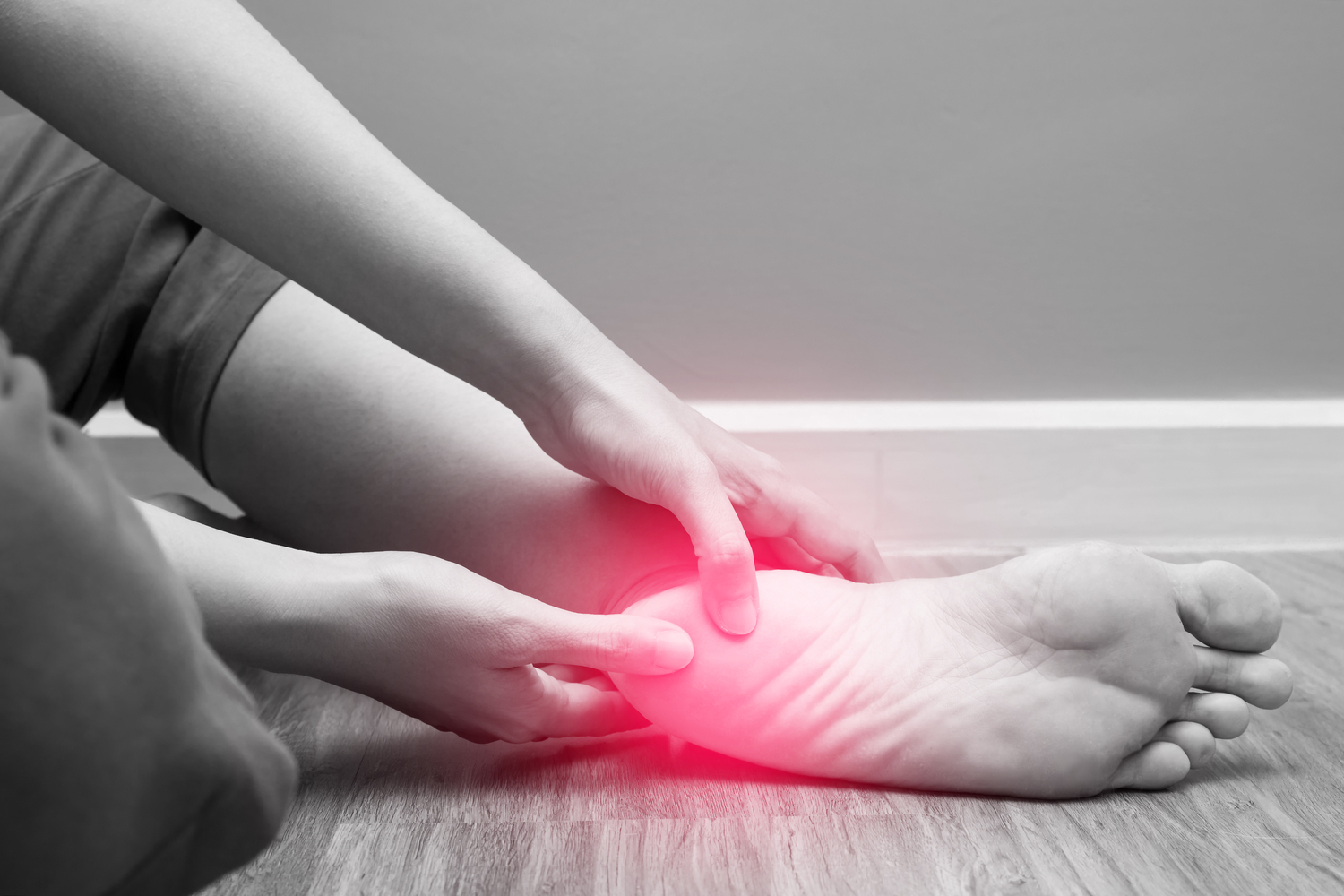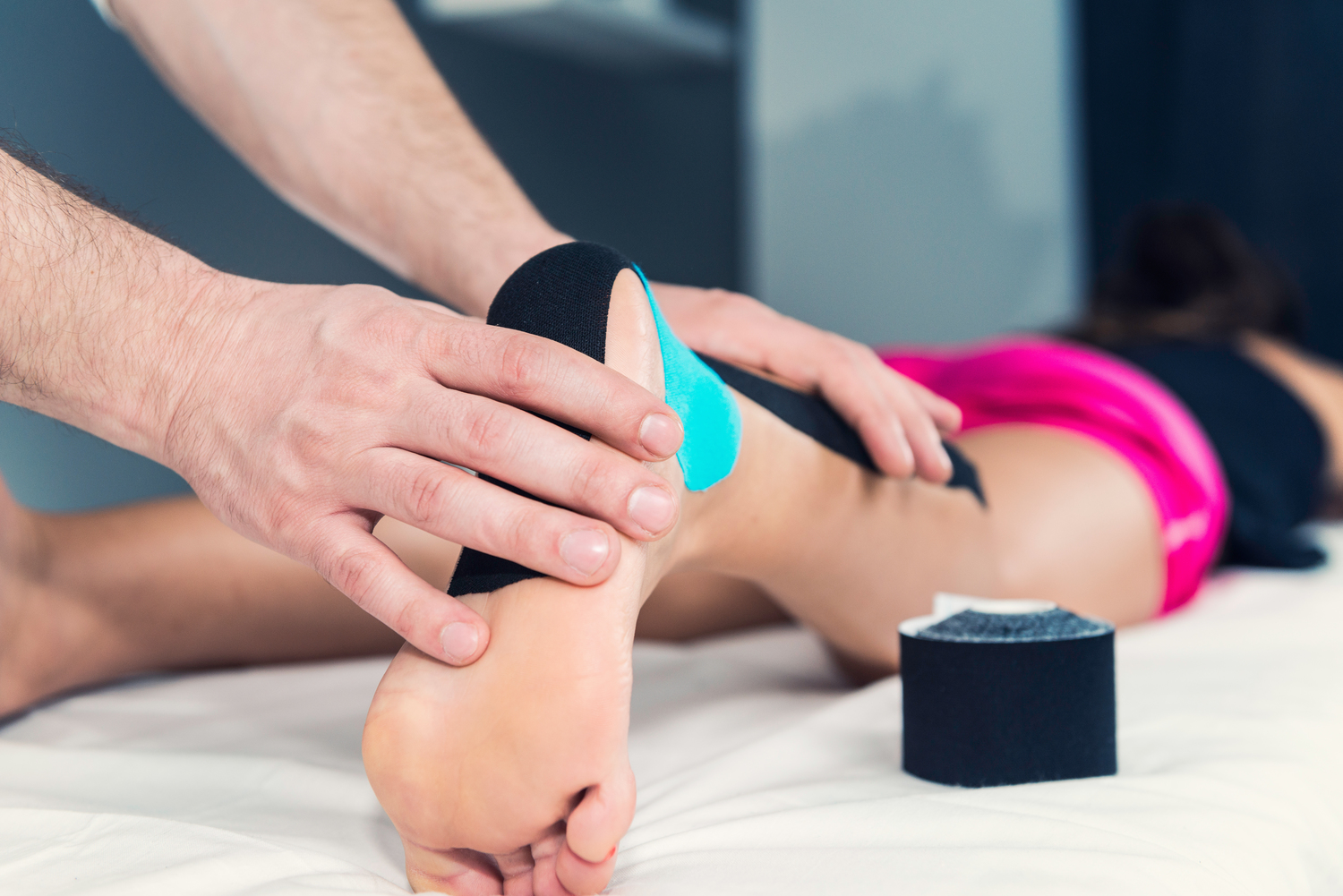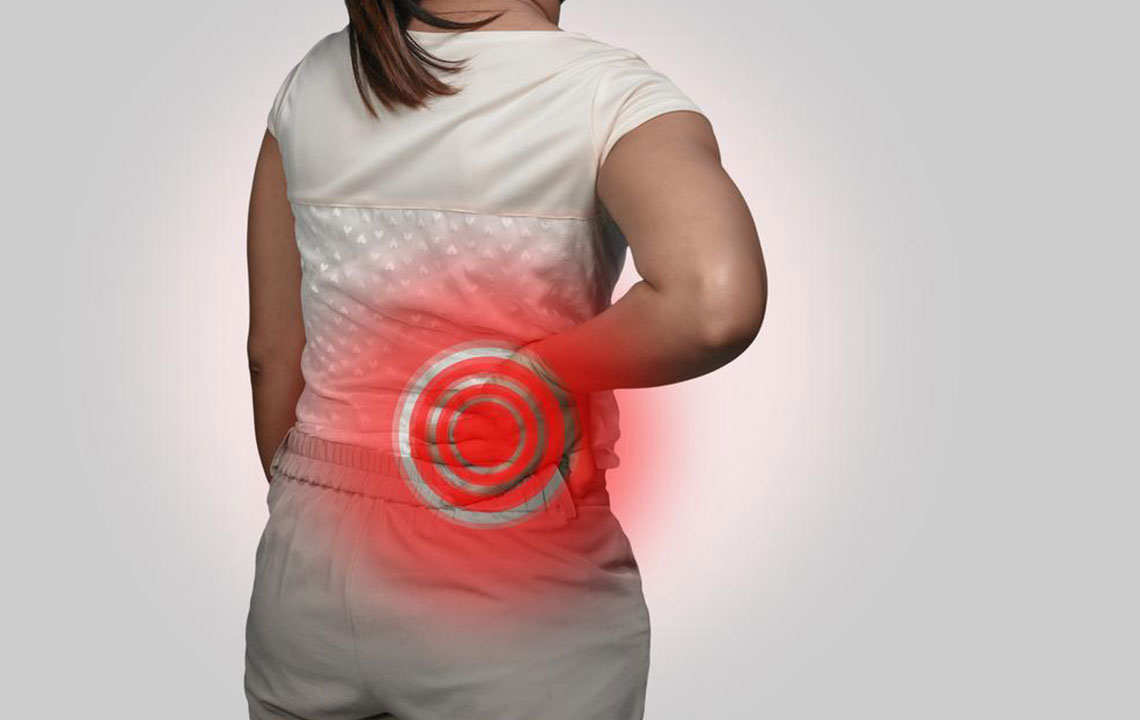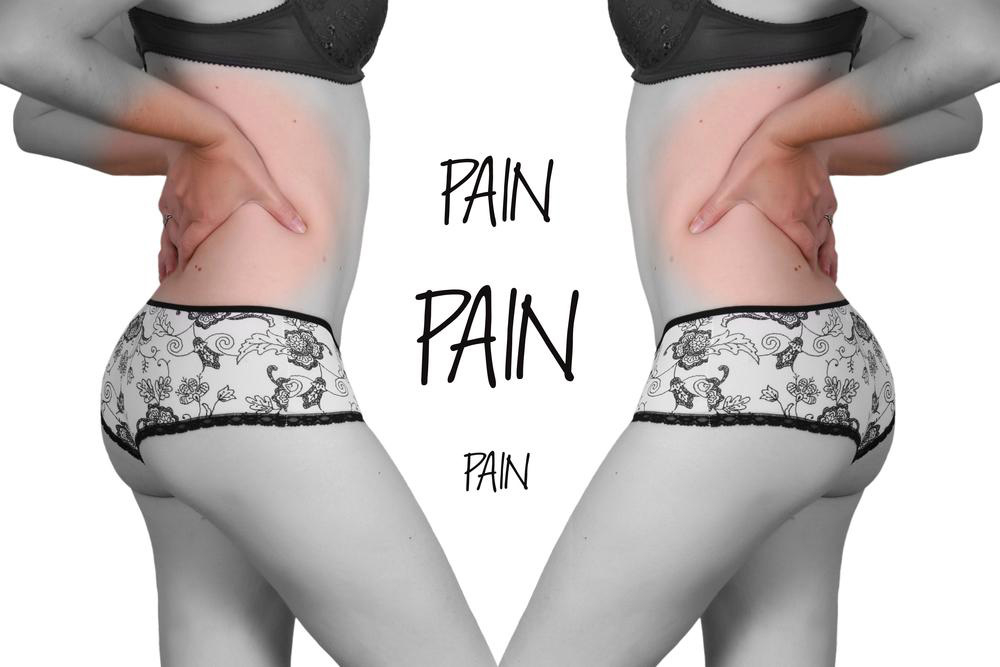Effective Strategies to Manage Foot Peripheral Neuropathy
Discover effective methods to manage and treat peripheral neuropathy in the feet. From early diagnosis to lifestyle tips like vitamins, exercise, and natural remedies, learn how to ease symptoms and improve nerve health. Consult healthcare professionals for personalized treatment plans and alongside traditional therapies. This comprehensive guide emphasizes holistic approaches, home remedies, and alternative therapies to support nerve regeneration and reduce discomfort effectively.
Strategies for Managing Peripheral Neuropathy in Feet
Peripheral neuropathy involves nerve damage or malfunction, often leading to symptoms like tingling, numbness, muscle weakness, and pain, predominantly affecting the feet and hands. This condition affects the peripheral nervous system, excluding the brain and spinal cord, and includes all other nerves. Symptoms vary based on the nerves involved, with sensory, motor, and autonomic nerves each presenting distinct issues. Recognizing these signs early is crucial for effective treatment and improved quality of life.
Signs of Peripheral Nerve Damage
Because different nerves serve different functions, symptoms can differ. Sensory nerves transmit pain, temperature, and touch; motor nerves control muscle movements; and autonomic nerves regulate functions like blood pressure and digestion. Common symptoms include gradual numbness, tingling sensations, sharp or burning pain, increased sensitivity to touch, muscle weakness, coordination problems, pain during daily tasks, and potentially paralysis if motor nerves are affected.

Autonomic problems may cause abnormal sweating, dizziness, blood pressure drops, or conditions like carpal tunnel syndrome.
Approaches to Managing Peripheral Neuropathy
Timely diagnosis and understanding the underlying cause are essential for effective management. Treatment primarily focuses on addressing the root condition, such as diabetes or infections. Therapies may include medications, physical therapy, and topical agents. In severe cases, surgical interventions might be necessary for nerve compression, herniated discs, or tumors. Additionally, various home remedies can help alleviate symptoms and improve comfort.
Below are some common causes of neuropathy and corresponding management strategies.
Home-Based Remedies for Peripheral Neuropathy
Alongside medical treatment, certain lifestyle adjustments can help ease symptoms, especially in the feet:
Vitamins
Supplements such as vitamins B and D are crucial for nerve health. Deficiencies in these nutrients can contribute to nerve damage. Calcium helps improve vitamin D absorption, further supporting nerve function. Incorporating these vitamins into your diet or supplements can help reduce symptoms.
Regular Exercise
Maintaining physical activity boosts blood flow and lowers blood sugar levels, both of which help prevent nerve deterioration. Exercise also releases endorphins, which reduce pain and enhance mood. Regular activity diminishes the risk of conditions like diabetes and heart disease, major contributors to peripheral nerve issues.
Cayenne Pepper
This spicy ingredient contains capsaicin, involved in pain management. It helps block pain signals and can be used in foods or topical ointments. Although initially causing a burning sensation, capsaicin therapy can provide lasting relief from nerve pain.
Essential Oils
Using oils like chamomile and Roman lavender may improve blood circulation and lessen tingling sensations. These oils also reduce inflammation and promote relaxation. Always dilute with carrier oils and conduct patch tests before topical application. Rubbing on the feet and wearing socks overnight can additionally help ease discomfort.
Warm Baths
Warm water stimulates circulation and can ease pain and numbness. Caution is advised if nerve sensitivity exists, to avoid burns. A warm bath acts as a simple, soothing way to relieve peripheral neuropathy symptoms.
Alternative Therapies
Complementary practices like acupuncture stimulate pressure points to support nerve healing. Yoga and meditation help reduce stress and pain, fostering better overall well-being. These methods should be used alongside conventional treatment, with consultation from healthcare providers to ensure safety and suitability.
Always consult your doctor before starting any new remedies to ensure they complement your prescribed treatments. Personalized plans account for individual health conditions and allergies.
Important Notice:
The content shared is for informational purposes and should not substitute professional medical advice. Always discuss treatment options with your healthcare provider before trying new remedies. The site is not responsible for inaccuracies or differences in other sources, and some offers or schemes may vary by location.










